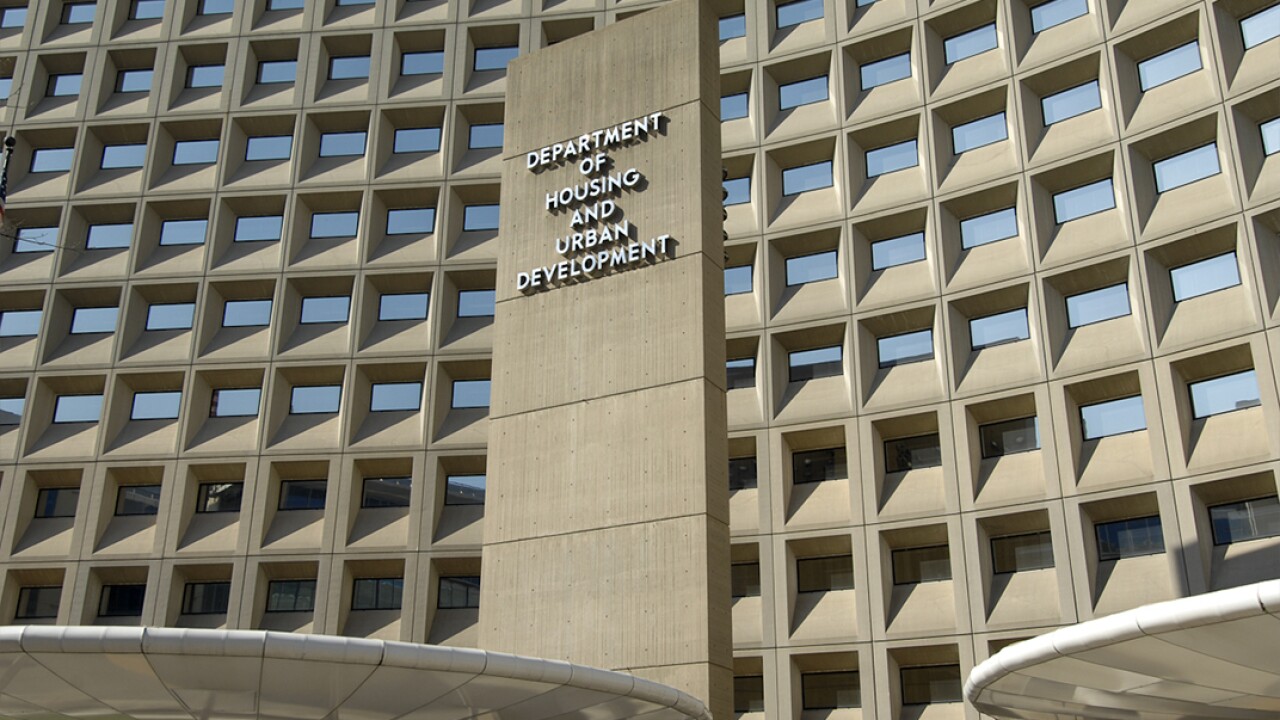Gerard M. Banmiller generally scorns what he calls "relentlessly positive" ads that breathlessly hype convenience or service.
So last week Mr. Banmiller's company, 1st Colonial Bancorp Inc. of Collingswood, N.J., unveiled a somewhat offbeat campaign, called Oops, that acknowledges that banks make mistakes sometimes.
The $136 million-asset company promises to pay customers $5 if it does any one of five things: make them wait longer than 10 minutes, fail to say "thank you" after a transaction, give them the wrong cash amount, misprint a check order, or mistakenly bounce a check.
Mr. Banmiller, 1st Colonial's president and chief executive officer, said he does not expect many such oversights. "I trust my staff," he said. But any money would be better spent on customers than on the ads most of his competitors are running, he said.
1st Colonial is promoting the program with fliers, posters, and other in-branch material, as well as statement stuffers.
Experts said that the effort could be an effective way for 1st Colonial to set itself apart from competitors in its suburban Philadelphia market.
Laurie A. Meamber, an associate professor of marketing at George Mason University in Fairfax, Va., said compensating customers for mistakes is commonplace in supermarkets and fast-food chains but virtually unheard of in banking.
The concept behind Oops and other campaigns like it is called "service failure recovery," Prof. Meamber said. "Customers recognize that mistakes are made and that companies are fallible. If there's a problem and you fix it, customers tend to be more loyal than they would have been" if the transaction had proceeded smoothly.
Mr. Banmiller is counting on customers to react that way.
During the first week 1st Colonial paid two customers, both of whom stood in line for more than 10 minutes.
"We're telling them, 'Come and get me. I dare you,' and they came and got me," Mr. Banmiller said. "They beat the bank. They walked out of here with big smiles on their faces."
But experts said such campaigns also carry risks.
Mark Stenson, the president of Stenson Management Consulting Inc. of Marshall, Minn., said that how cash is handed over in service failure recovery is important, too.
If a depositor has been kept waiting 15 minutes, a disengaged teller who tosses a $5 bill in the depositor's direction and then plunges brusquely into a transaction can do more harm than good, Mr. Stenson said.
Brenda Marlin, the associate director of the American Bankers Association Marketing Network, agreed that workers' not embracing such a campaign could be a liability.
"It's critical that everyone is on the same page," she said. One employee who does not deliver "can cause real problems, because you've set the bar so high."
Mr. Stenson said though he encourages banks to create programs similar to 1st Colonial's, in his model companies do not publicize them.
"You simply surprise the customers," he said. "When you hand them something like a gift certificate or tickets to a movie, they just go wild."
Advertising the program could create situations where customers "start rooting against the bank," Mr. Stenson said. "If you're a guy who has already been in line for nine minutes, you're hoping they screw up and keep you the extra minute. If they don't, that could be a real disappointment."
But Ms. Marlin said she saw a lot of potential in 1st Colonial's codifying of service standards.
"The customer realizes, 'This is the type of experience I'm going to have when I walk in the bank,' " she said. "To put it in writing is very interesting."
Mr. Stenson said he also sees some merit in it. "I commend any bank that tries to define its service expectations."





